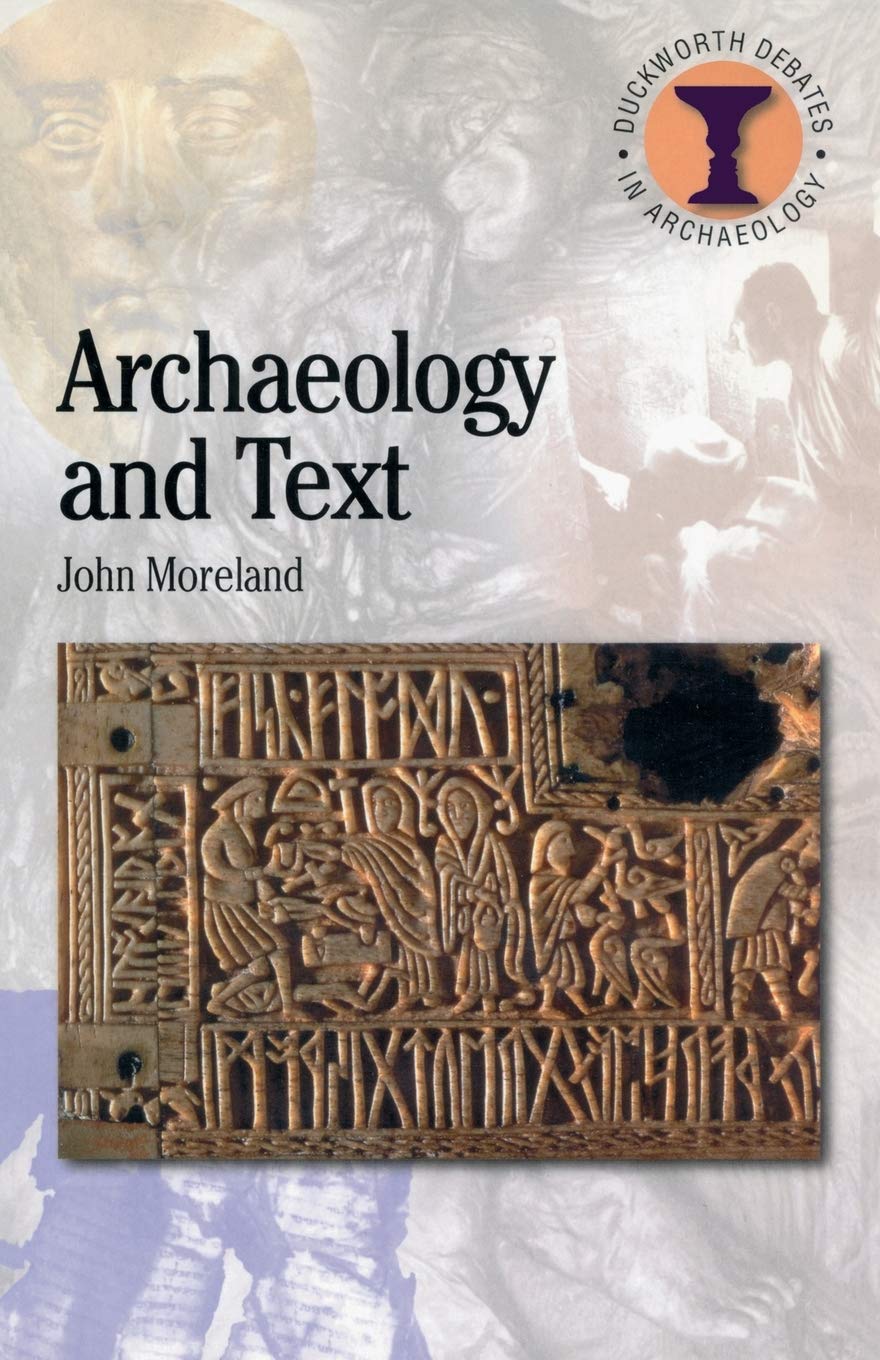

Most ebook files are in PDF format, so you can easily read them using various software such as Foxit Reader or directly on the Google Chrome browser.
Some ebook files are released by publishers in other formats such as .awz, .mobi, .epub, .fb2, etc. You may need to install specific software to read these formats on mobile/PC, such as Calibre.
Please read the tutorial at this link: https://ebookbell.com/faq
We offer FREE conversion to the popular formats you request; however, this may take some time. Therefore, right after payment, please email us, and we will try to provide the service as quickly as possible.
For some exceptional file formats or broken links (if any), please refrain from opening any disputes. Instead, email us first, and we will try to assist within a maximum of 6 hours.
EbookBell Team

4.7
46 reviewsArchaeology and Text challenges traditional assumptions about the relationship between history and archaeology by re-evaluating the role of artefacts and documents in the reconstruction of the historical past. Previous attempts to create a rapprochement between the disciplines have been undermined by a failure to see artefacts and documents as anything more than simple sources of information about the past. The central argument of this concise and original book is that both must be seen in terms of their efficacy in the past, in particular as technologies of power and resistance.
Drawing upon recent work in theoretical archaeology, John Moreland puts forward a series of case studies from early medieval Europe, early modern North America, and the prehistoric Near East to illustrate the ways in which both documents and artefacts were ‘activated' in the reproduction and transformation of power and identity. The concluding chapter warns that any contribution these arguments may make to the better understanding of the historical past will be negated if we fail to appreciate the very real dangers posed, to all the peoples of the past, by the recent ‘linguistic turn' in both disciplines.